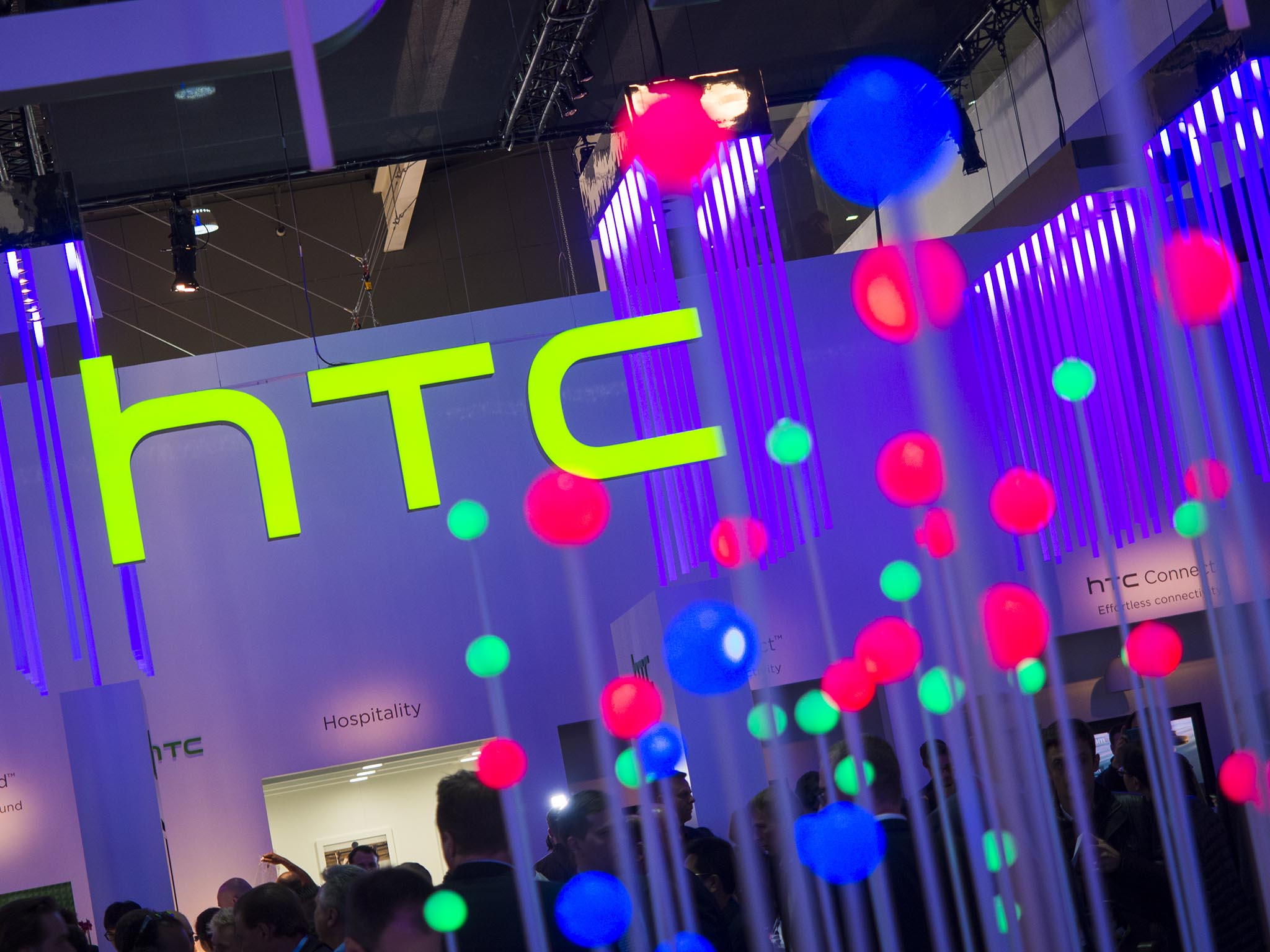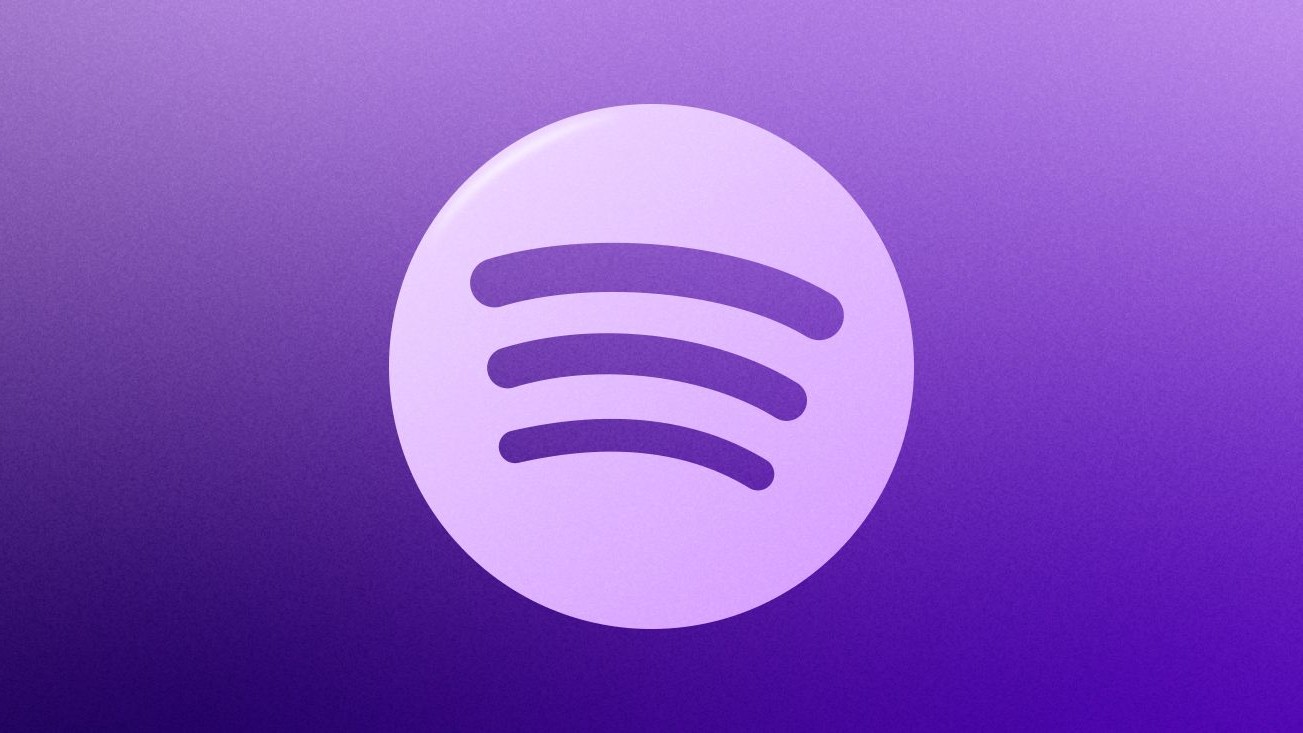HTC has $1.5 billion in the bank, but investors think the company's worth even less

Once the titan of Windows Mobile and a leading Android handset maker, HTC's fallen on such hard times that investors have deemed the company to be practically worthless. That's perhaps a bit hyperbolic, but following a tremendous 60 percent dive in the company's stock, it's now trading at a level that puts the market cap of the company well below the value of HTC's physical assets (factories, inventory, etc) and cash assets.
A few stock market terms for the uninitiated: a share of stock is a slice of ownership in the company, which in theory can give you a portion of their profits if the board so chooses (a dividend) and a voice in how the company's run. Companies that issue shares typically do so in huge volumes — HTC's been divided into nearly 828 million individual shares, so you'd need to buy several million shares for your voice to actually be heard by the powers that be.
A company's market cap is the combined value of all those shares. HTC's shares closed earlier today on the Taiwan Stock Exchange at $1.82/share, giving the company a market cap of $1.34 billion. That number is what it would take to buy every outstanding share of HTC — in essence, what HTC is worth.
That's a stunningly-low number for HTC, and represents a nearly 60 percent decline in value since the start of the year. At its peak in April 2011, HTC was worth $34 billion. Granted, at its peak HTC represented 80 percent of the Windows Mobile market and was dominating Android smartphone sales. The recent collapse of HTC handset sales in the face of stiff competition from Samsung, LG, and Apple has pushed the company to a new low in value, one where investors have practically decided that the company is worthless.
Investors are saying that HTC's worth less than the cash they have in the bank
HTC's balance sheet at the end of June 2015 listed total assets of $4.9 billion, including $1.5 billion in cash assets. Even if you subtract out the $2.6 billion in debt liabilities on HTC books, investors are still valuing a company with an equity value of $2.3 billion at nearly a billion less than that. Yes, people who trade in HTC stock are saying that HTC's worth less than the cash they have in the bank. That's not a good place for HTC, or any company, to be in. It's a signal that investors have zero faith in the company's long-term earnings potential, either in the form of eventually turning a profit or getting acquired by a larger firm.
The kicker is that HTC's a company that actually managed to turn a profit last quarter. Granted, we're talking about a measly $11 million profit, but that's better than the money that they were losing a year prior.
There are two companies that draw immediate comparisons to mind. The most recent is Yahoo, who was put into a very similar position. In 2014, Yahoo owned 20 percent of Asian internet retailer Alibaba, an asset worth $37 billion, which combined with their share of Yahoo Japan Corp (a technically independent company) put their investments at more than $45 billion. But on the day of the Alibaba IPO the stock market valued Yahoo at $41 billion — that's including the 20 percent stake in Alibaba. Investors were saying that the only thing that gave Yahoo any value was their assets in Asia.
Get the latest news from Android Central, your trusted companion in the world of Android
The other company is one that, like HTC, pioneered early smartphones and played a major role in the mobile industry at the start of the decade: Palm. The number is $1.31 billion, the inflation-adjusted cost of HP's 2010 acquisition of Palm. Not only is HTC worth less as a company than the cash they have on hand, they're worth the same amount as Palm was when HP snapped them up, and Palm's not a company anybody associates with being a rousing financial success for anybody involved.
All of this doesn't paint a pretty picture for HTC. They might be turning a meager profit and have substantial cash on hand, but it's a grim position to be in. Investors are telling HTC's leadership that the company itself is worth nothing, that it is in fact dragging down the value of their other assets. Some might advise HTC to pack up shop and call it quits, as Michael Dell famously advised Steve Jobs on his return to Apple, but oblivion isn't the only option for HTC.
The company's clearly trying new things with the HTC Vive virtual reality headset, but even with its projected end-of-the-year release there's no saying whether it'll be enough to turn around their fortunes. HTC's expensive flagship One series smartphones aren't paying the bills — it's their mid-range Desire line that's seeing sales, claiming up to 20 percent of the market in India. HTC's also taking a hard look at where they need to make cuts to survive as a company, and they're expected to do so across the board.
There is hope for HTC. BlackBerry, a company that's been written off as dead for years now, managed to earn a profit of $28 million last quarter and has a market cap of $4 billion. HTC might not ever reclaim the throne of their glory days, but that doesn't mean they're worth nothing either.
Via: Bloomberg

Derek Kessler is Special Projects Manager for Mobile Nations. He's been writing about tech since 2009, has far more phones than is considered humane, still carries a torch for Palm (the old one), and got a Tesla because it was the biggest gadget he could find. You can follow him on Twitter at @derekakessler.
